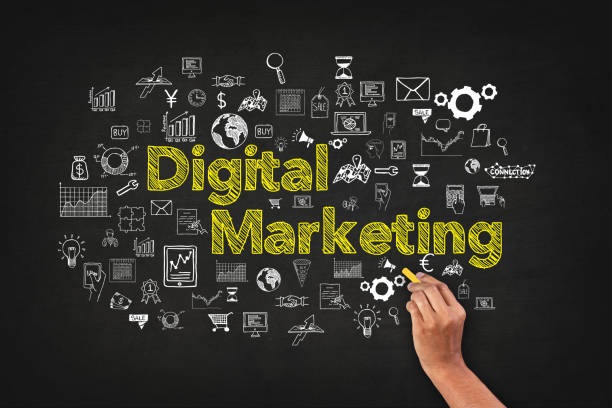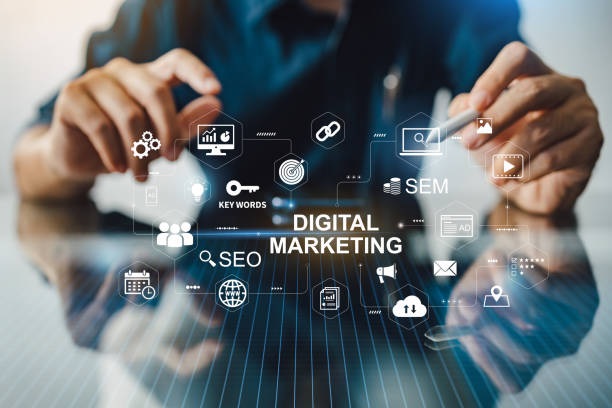
What is Digital Marketing?
Digital marketing uses channels, platforms, and technologies to promote and advertise products, services, or brands. It encompasses various online marketing activities that leverage the internet and electronic devices to connect with potential customers. Digital marketing is an integral part of modern business strategies, allowing companies to reach their target audience in a more personalized and measurable way compared to traditional marketing methods.
Key components of digital marketing include:
- Search Engine Optimization (SEO): Optimizing online content to improve its visibility in search engine results pages, thereby increasing organic (non-paid) traffic.
- Search Engine Marketing (SEM): Paid advertising on search engine results pages. This includes pay-per-click (PPC) campaigns where advertisers pay a fee each time their ad is clicked.
- Social Media Marketing (SMM): Utilizing social media platforms like Facebook, Twitter, Instagram, and LinkedIn to promote products or services, engage with the audience, and build brand awareness.
- Content Marketing: Creating and distributing valuable, relevant, consistent content to attract and retain a target audience. This can include blog posts, articles, videos, infographics, and more.
- Email Marketing: Sending targeted messages and promotional content to a specific group of people via email. Email marketing is often used for customer retention, lead nurturing, and driving conversions.
- Affiliate Marketing: Partnering with affiliates who promote a company’s products or services in exchange for a commission on sales generated through their marketing efforts.
- Influencer Marketing: Collaborating with influencers with a significant online following to promote products or services to their audience.
- Online Public Relations (PR): Managing a brand’s online reputation and relationships with the public through various digital channels.
- Analytics and Data Analysis: Using data analytics tools to track and measure the performance of digital marketing campaigns. This involves monitoring key metrics, analyzing trends, and optimizing insights-based strategies.
Digital marketing offers the advantage of real-time tracking, allowing marketers to adjust their strategies quickly based on performance data. It also provides a more targeted and personalized approach, as advertisers can tailor their messages to specific demographics and user behaviors. The landscape of digital marketing is dynamic, with ongoing developments and innovations in technology influencing how businesses connect with their audiences online.


